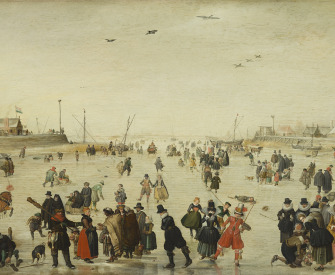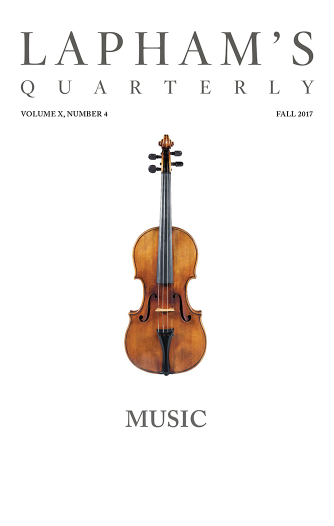Now it may appear strange to hear it said:
That the whole world, as to trade, is but as one nation or people, and therein nations are as persons.
That the loss of a trade with one nation is not that only, separately considered, but so much of the trade of the world rescinded and lost, for all is combined together.
That there can be no trade unprofitable to the public; for if any prove so, men leave it off; and wherever the traders thrive, the public, of which they are a part, thrives also.
That to force men to deal in any prescribed manner may profit such as happen to serve them; but the public gains not, because it is taking from one subject to give to another.
That no laws can set prizes in trade, the rates of which must and will make themselves. But when such laws do happen to lay any hold, it is so much impediment to trade and therefore prejudicial.
That money is a merchandise, whereof there may be a glut, as well as a scarcity, and that even to an inconvenience.
That a people cannot want money to serve the ordinary dealing, and more than enough they will not have.
That no man shall be the richer for the making much money, nor have any part of it, but as he buys it for an equivalent price.
That exchange and ready money are the same, nothing but carriage and recarriage being saved.
That money exported in trade is an increase to the wealth of the nation, but spent in war and payments abroad is so much impoverishment.
In short, that all favor to one trade or interest against another is an abuse and cuts so much of profit from the public.
From Discourses upon Trade. A successful Restoration merchant and later a Tory politician, North began his career in the Levant trade with £1,400; nineteen years later, upon his return to London from Constantinople, his capital had grown by more than 1,471 percent, to £22,000. Known as an early proponent of laissez-faire economics, he considered the Mediterranean’s free-trade zone the ideal model. His biographer Richard Grassby notes his “business expertise did not translate readily into political wisdom,” although he was knighted by Charles II and later served James II.
Back to Issue



